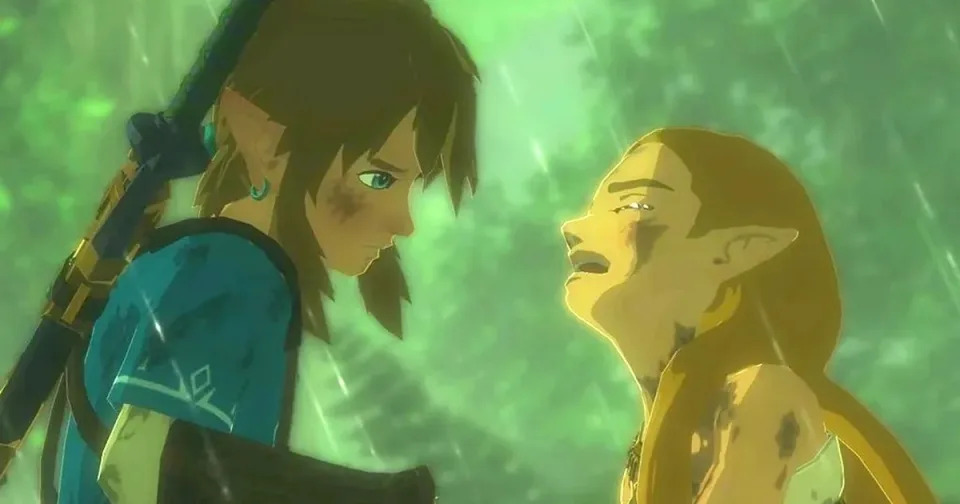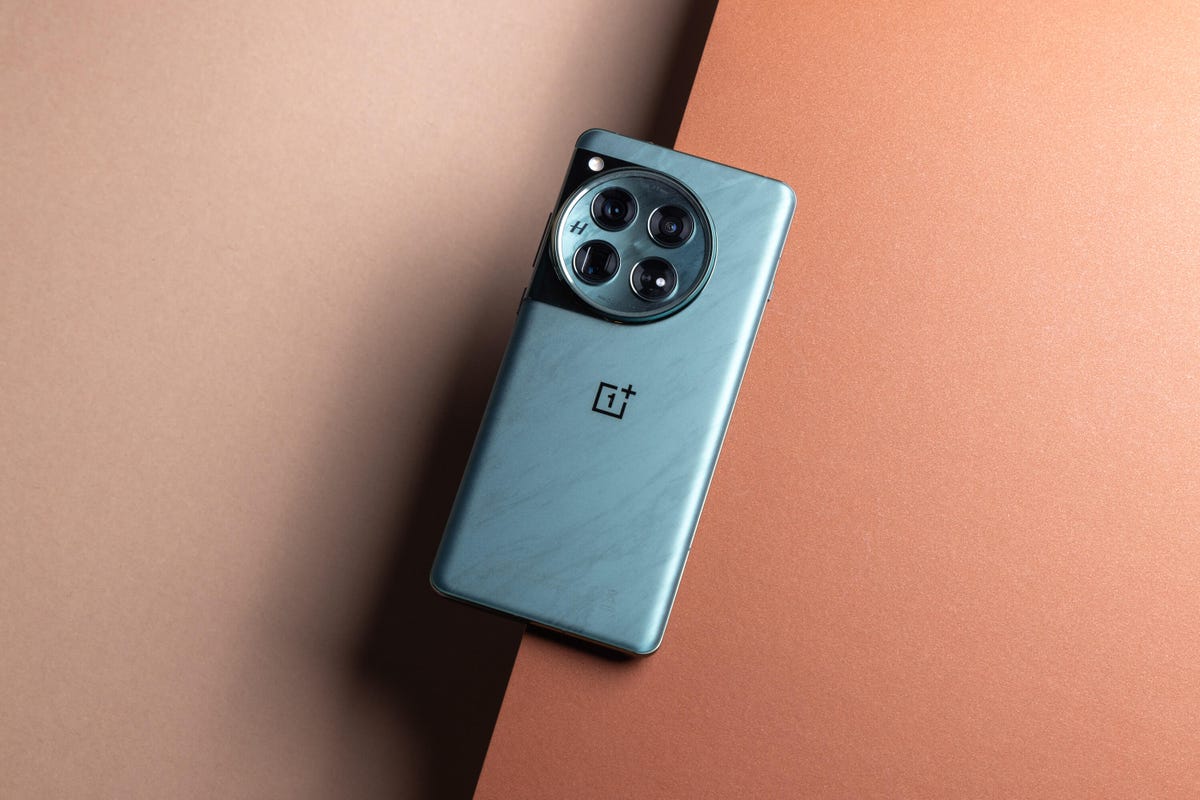
Yuzu, Nintendo Switch Emulator, to Pay $2.4M in Lawsuit Settlement
What’s going on here?
The developers of Yuzu, a prominent Nintendo Switch emulator, have agreed to settle a lawsuit with Nintendo for $2.4 million. This settlement also affects the Nintendo 3DS emulator Citra, both of which are projects of the same team. In addition to the financial settlement, the agreement includes a comprehensive list of stipulations that effectively end the development and distribution of Yuzu. These terms include the permanent cessation of work on Yuzu, the surrender of the yuzu-emu.org domain name to Nintendo, the deletion of all copies of Yuzu and related circumvention tools, and the handing over of any modified Nintendo hardware owned by the developers.
What does this mean?
For the developers of Yuzu and Citra, it means an abrupt end to their projects. They have committed to pulling their code repositories offline, discontinuing their Patreon accounts and Discord servers, and, eventually, shutting down their websites. The settlement represents a significant blow to the emulation community, particularly those focused on modern Nintendo platforms. By agreeing to these terms, the Yuzu team acknowledges their project’s capability to circumvent Nintendo’s technological protections, a factor that contributed heavily to Nintendo’s piracy concerns. This also serves as a cautionary tale for other emulation projects regarding the legal risks involved in developing software that can play copyrighted games without authorization.
Why should I care?
This settlement has broader implications for emulation enthusiasts, the open-source community, and potentially other emulation projects. The abrupt discontinuation of Yuzu and Citra not only impacts those who use these emulators to play Nintendo games but also sends a strong message about the legal dangers associated with developing and distributing emulators that can play copyrighted content without permission. The outcome of this legal battle may set a precedent that affects how other emulation projects operate in the future, especially those that could be seen as facilitating piracy. For fans of emulation, this represents a significant moment of reckoning, posing questions about the future of accessing and preserving video games.
For more information, check out the original article here.




